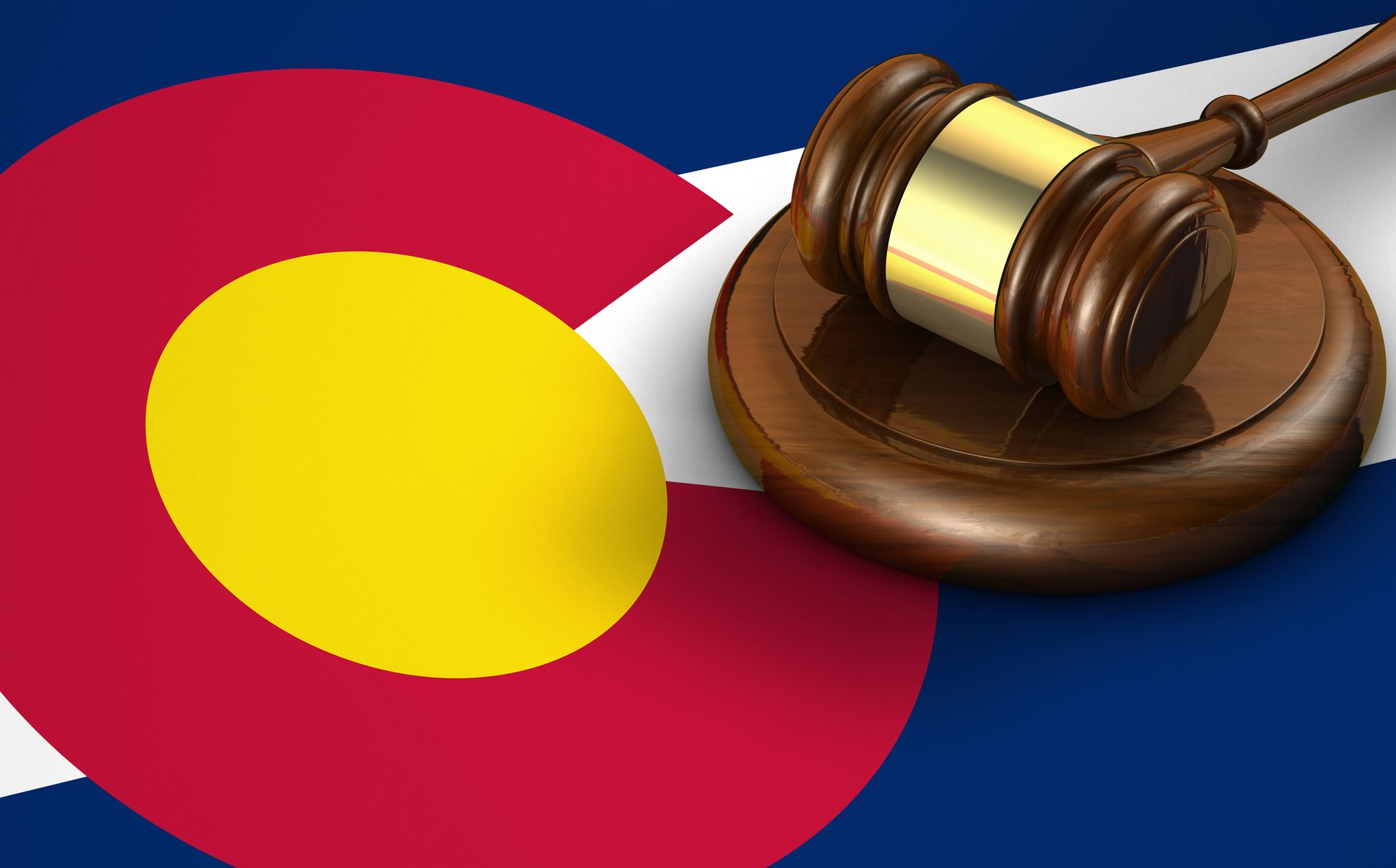Can You Sue an Insurance Company for Denying a Claim
Recent Blog Posts
Can You Sue an Insurance Company for Denying a Claim

When you’ve been injured or suffered losses in an accident, you might expect your insurance company to step in and help. Instead, it’s common for insurance companies to fight your claim by delaying payments, questioning your injuries, or even denying coverage. This can feel frustrating and unfair, but it’s part of how insurers often protect their bottom line. When this happens, can you sue an insurance company for denying a claim?
Can You Sue if Insurance Denies a Claim?
Yes, you can sue an insurance company, but not every denial automatically gives you the right to go straight to court. Some specific steps and conditions must be met before a lawsuit is the right move. Some denials are based on legitimate policy reasons, while others are unfair or even illegal. Understanding the difference is the first step toward protecting your rights.
After an Internal Appeal
Before filing a lawsuit, most policies require that you go through the company’s internal appeal or review process. This step allows the insurer another chance to review the claim, correct errors and potentially reverse its decision without court involvement. It may feel frustrating to jump through these hoops, but skipping this process could weaken your case. If your insurer denies the appeal or ignores your evidence, you’ve established that you tried to resolve the matter in good faith, which strengthens your position when you sue.
Once Damages Are Clear
Courts require evidence of your damages before they will award compensation. That means you need a clear understanding of your medical bills, repair costs, lost wages or other financial losses before filing suit. If you accept payment too soon, you may undervalue your case. And remember, after settling with insurance, you usually can’t go back and sue for additional losses.
Within the Statute of Limitations
Every state has strict deadlines, known as statutes of limitations, that dictate how long you have to file a lawsuit against an insurance company. These usually range from 1 to 5 years, depending on the type of policy and the state’s law.
In Arizona, these deadlines depend on the type of claim. For instance, a bad-faith tort claim, which accuses the insurer of handling your claim unfairly, must usually be filed within two years of when the cause of action accrues.
Missing the deadline means your case could be dismissed, no matter how strong it is. It’s important to speak with a lawyer as soon as possible after a denial to ensure you don’t lose your right to sue by waiting too long.
If the Denial Was in Bad Faith
Not every denial is simply a business decision. Sometimes insurers deny claims unfairly, delay payment without reason or fail to conduct a proper investigation. These actions may amount to bad-faith insurance practices, which are illegal.
Arizona explicitly prohibits insurers from refusing to pay claims without a reasonable investigation or from not attempting a fair settlement when liability is clear. If an insurer denies your claim in bad faith, you may sue not only for the value of your claim but also for additional damages, including punitive damages in some cases.
Why Do Insurance Companies Deny Claims?

Not every denial is the result of misconduct. Insurance companies often have standard, legally acceptable reasons for refusing to pay a claim. While they may not always feel fair, they can still be legal. Some of the most common explanations include:
- Exclusions in the Policy: The loss or injury is not covered under the policy terms.
- Missed Deadlines: You missed required deadlines for reporting the incident or filing the claim.
- Insufficient Documentation: The claim lacked sufficient or proper documentation of the damages or losses.
- Coverage Disputes: There’s a dispute over whether the policy applies to the incident.
- Questions of Fraud or Misrepresentation: The insurer alleges that the claimant exaggerated or misrepresented the losses or circumstances.
- Policy Limits: The claim’s value exceeds the coverage limits (meaning the insurer will only pay up to the cap, not that they are acting in bad faith).
Some of these reasons can be valid, while others are based on technicalities that may not hold up under scrutiny. The important thing to remember is that just because the company gives a reason doesn’t mean it’s the final word.
What Are Common Bad‑Faith Insurance Tactics?
When an insurer goes beyond strict policy enforcement and into deceptive or manipulative behavior, it crosses the line into bad faith. Some of the most common tactics are:
Unreasonable Delays
Insurers may drag out the process by taking weeks or months to respond to your claim, hoping you’ll give up or settle for less. These delays can cause financial strain, which is exactly what they count on. Unreasonable delays violate laws that require insurance companies to act promptly.
Misrepresenting Policy Language
Another bad-faith tactic is twisting the policy language or deliberately misinterpreting coverage. For example, they may say your injuries aren’t covered when in reality they are. Misrepresentation is illegal because it prevents you from making an informed decision about your claim.
Excessive Paperwork Requests
Some insurers bury claimants in endless document requests that go far beyond what’s necessary. This is a deliberate effort to frustrate and exhaust you so you abandon the claim. Courts recognize this tactic as a form of harassment and an unfair claims practice.
Offering Unreasonably Low Settlements
Insurers sometimes make settlement offers that are far below the actual value of your claim. While negotiations are normal, offering an amount that no reasonable person would accept is evidence of bad faith. It shows the insurer is not negotiating fairly. In these situations, it’s often appropriate to reject the settlement offer and pursue a fair resolution through legal action.
Failing To Investigate Properly
A valid claim can be denied simply because the insurer refuses to conduct a full and fair investigation. Skipping steps, ignoring evidence or failing to interview witnesses are all examples of bad-faith conduct. Insurers have a duty to investigate claims thoroughly before making a decision.
How Do You Prove Your Insurance Company Is Acting in Bad Faith?

You prove an insurer is acting in bad faith by showing that they failed to handle your claim honestly, fairly or reasonably. This might involve documenting unreasonable delays, gathering evidence that the company misrepresented policy terms or showing that their settlement offer was far below industry standards.
Because insurance companies know that acting in bad faith is illegal, they will do everything possible to disguise their actions as legitimate. That’s why having a lawyer matters. An experienced attorney can identify red flags, gather the right evidence and present a case that demonstrates bad faith clearly to the court. Without that legal knowledge, it’s easy for insurers to cover their tracks and make it look like they were following the rules.
Hold Insurance Companies Accountable for Unfairly Denying Your Claim
At Sargon Law Group, we know how insurance companies operate. Our team specializes in handling personal injury cases in Arizona, and we’ve seen every tactic insurers use to avoid paying fairly. When clients come to us suspecting their claim was denied in bad faith, we know what to look for under Arizona’s insurance laws and how to build a strong case to hold the insurer accountable.
If your insurance company has denied your claim, don’t assume the fight is over. Talk to an attorney at Sargon Law Group to discuss your options. We’ll review your case, explain whether you can sue your insurance company for denying a claim and work to secure the full compensation you deserve.





